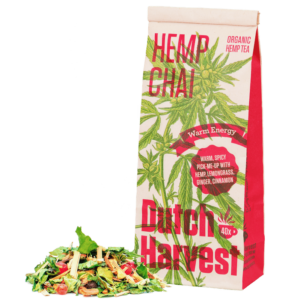In the epoch of the regents and princes, an optimistic mood prevailed. Despite the fact that the new Dutch republic was at war almost the entire golden age, a huge amount of money was made and enormous progress was made in many areas. The world changed. Everyone noticed. People in the Dutch republic were allowed to think for themselves. This was something new. Before, everyone had to do, think and believe what the church said. But the new religion, Calvinism, encouraged everyone to form their own opinions.
So more and more children went to school. Every town had a school. There were no separate classrooms yet. Children of different ages sat together in one class. However, there was no compulsory education yet. So the children of poor families didn't go to school. That was a shame. Because the children who did knew for sure that they would get a very good job later. Precisely because so few people could read and write, there was a great demand for these kinds of people.
After attending mainstream primary school, the children were able to choose from two secondary schools. The 'French school' and the 'Latin school'. Only the 'Latin school' was intended for the elite. Here you learned Latin, Greek, philosophy, religion and 'eloquence'. If you had finished this Latin school, you'd go to college.
Willem van Oranje founded the first Dutch university in 1575. This one was in Leiden. Christiaan Huygens was one of the most important students. He studied law and mathematics. In the end, he became a very important mathematics natural and astronomer of Dutch history. He was also an inventor. He came up with a gunpowder engine. But it was never built. He also invented the pendulum movement and the principle of the steam engine.
Another very important man in history was Baruch Spinoza. This was a Jewish philosopher. Thanks to Dutch religious freedom, the Netherlands was a haven for all those who were not Catholics. They were persecuted elsewhere in Europe. The Jews were not allowed to profess their religion in public, but were nevertheless more than welcome in the tolerant Dutch republic. Spinoza's family was originally from Spain. Spinoza was born in Amsterdam and was educated within the Jewish community. So he never went to college. Yet he has written many important books. He didn't make much money out of this. He made his money by sharpening lenses. In his books he gives a different picture of God than people were used to this time. That's why he was banished from the Jewish community.
In the 17th century, the Netherlands had a huge number of important scientists and inventors. Besides Christiaan Huygens and Spinoza, Jan Zwammerdam and Antonie van Leeuwenhoek were also very important. They both built one of the first microscopes.
Nevertheless, perhaps Jan Adriaan's son Leeghwater is the most important man of this century. He was born a carpenter's son. He improved the technique of the polder mills. Previously, the mills were only used to prevent land from flooding. They were also able to drain small lakes. Thanks to the improved technology, they were also able to drain larger lakes. The first lake that Leeghwater dried was the Beemster. Many other lakes followed. These were mainly all located in North Holland. Some of them were Heerhugowaard, the Schermer, Wormer and the Purmer. He also made the first plans to dry the Haarlemmermeer. However, these plans were not implemented until the 19th century.

